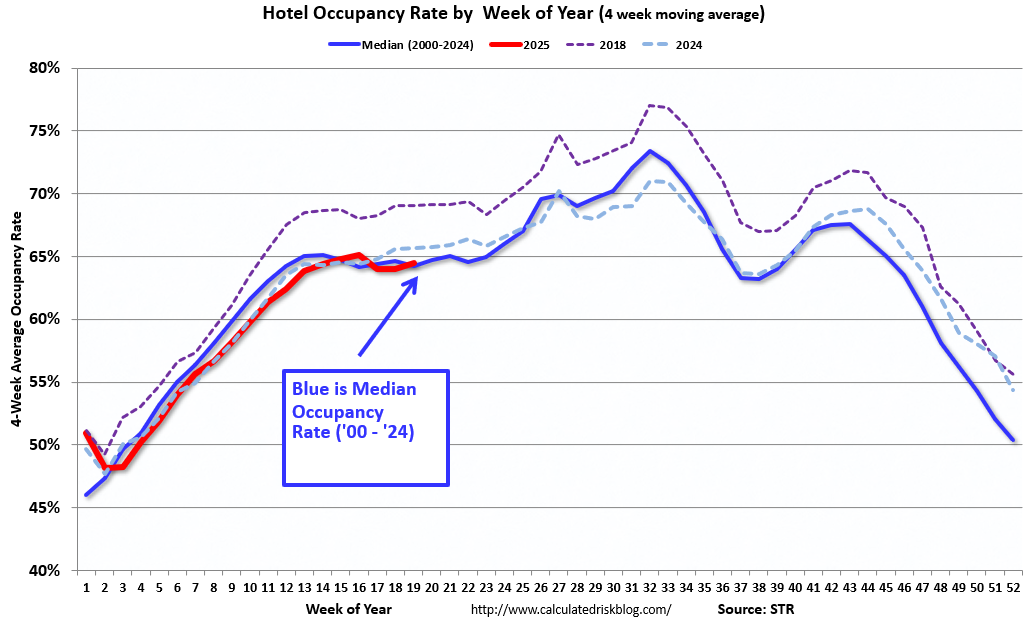
Should a hotel GM have to consult a legal advisor every time a vendor updates their cloud TOS? This isn’t a theoretical debate anymore; for hoteliers juggling international guests, loyalty programs, and global cloud systems, data sovereignty has become a frontline concern. And it’s reshaping how hotels choose their tech partners.
In a world where hospitality runs on personal data, who holds the keys to that data and where they store it matters more than ever. Because when guest data travels between jurisdictions, the cost isn’t just compliance risk. It’s brand trust, operational agility, and your ability to innovate.
Why Data Sovereignty Isn’t Just an IT Issue
For years, hotels focused on integration and functionality: Does this tool sync with my PMS? Can this API talk to my POS? But now, the questions are deeper: Where is my data being stored? What laws govern it? Who can access it?
That’s because the legal and political landscape has changed. Regulations like GDPR, CCPA, Brazil’s LGPD, and South Africa’s POPI have introduced serious obligations around storage, access, and processing transparency. And governments are tightening the screws with localization laws that mandate data stay within national borders.
For hotels with multinational footprints, that gets complicated fast. A loyalty guest books in Los Angeles, stays in Paris, and gets follow-up marketing in Dubai. Where does that data live? Whose laws apply?
If your vendors don’t offer geographic data controls, audit trails, or legally compliant data transfers, you’re gambling with legal exposure.
The Hidden Risks of Random Tech Choices
Misaligned tech stacks don’t just slow down operations. They expose your most valuable asset: guest data. Legacy tools that don’t support encryption. Third-party platforms without modern access controls. Vendors that quietly store your data in regions you’d never knowingly approve. And when a breach happens, the damage can cause operational chaos, regulatory fines, loss of guest trust, and months of recovery.
Modern hotel tech needs to treat data like the crown jewel it is: valuable, vulnerable, and highly targeted. From payment details to personal preferences to stay history, this isn’t just information. It’s intelligence that both hackers and competitors would love to have.
Cybersecurity Is Everyone’s Business Now
There’s a dangerous myth that cybersecurity belongs to IT. But in hospitality, where digital interactions are woven into every guest journey, security is a brand issue first.
That’s why the smartest hotel groups are appointing dedicated cybersecurity and data privacy leads, building access-control policies, monitoring endpoints, and running regular penetration tests. And it’s why they’re evaluating vendors not just for features, but for various security and privacy certifications, encrypted infrastructure, and compliance track records.
Data Residency Matters More Than You Think
Cloud convenience often comes at a cost: ambiguity. Many hotel systems are powered by vendors who use global cloud infrastructure, meaning your data may be stored in Frankfurt one week and Singapore the next.
Unless you’re explicitly setting data residency requirements, you may be noncompliant without even knowing it. Worse, you’re giving up control over how that data is accessed. Under laws like the US Patriot Act or China’s Cybersecurity Law, governments can compel access to data stored within their borders.
Leading cloud infrastructure providers now offer region-specific data storage but hotel tech vendors have to build on top of those controls. Not all do.
A Fragmented Stack Can’t Protect a Unified Guest Experience
When systems don’t align on data standards, security protocols, or privacy frameworks, even the best integrations fall apart. That’s why data protection should no longer be optional. It needs to be part of the selection criteria for every tech partner you bring into your stack.
Do they let you define where data is stored? Do they allow for regional compliance without blocking cross-property service? Can they ensure loyalty profiles remain portable but protected?
Moving Forward: From Compliance Burden to Competitive Advantage
Yes, staying compliant takes effort. But turning data security and sovereignty into a core principle builds trust, resilience, and long-term brand equity.
At Shiji, we work with hotel partners to ensure their systems support modern security practices, sovereign data controls, and seamless guest experiences regardless of location. We’ve built strict data separation tools verified by qualified third parties, so our customers can be assured that their data can only be accessed by specific teams in specific locations. Because future-proof hospitality isn’t just about connecting systems. It’s about protecting the people those systems serve.
That’s why we’re helping hotel groups of all sizes build data layers that are hotel-owned, vendor-agnostic, and future-proof. This isn’t about creating yet another dependency. It’s about giving hotels the infrastructure to innovate on their own terms. Want to switch CRMs? No problem. Launch a new loyalty program? Go for it. Your data stays with you, powering each move instead of slowing you down.
In an era where personalization is expected, loyalty is harder to earn, and digital experiences shape brand perception, data ownership isn’t a luxury. It’s a necessity.


